While many tend to make a quick stopover in Athens to visit some of the major sites before heading to those iconic Greek isles with their white walled, blue-domed buildings, and brilliant aqua waters, I found myself venturing into the seedy Omonia District for a taste of the Dimotiki Agora—also known as Athens Central Market.
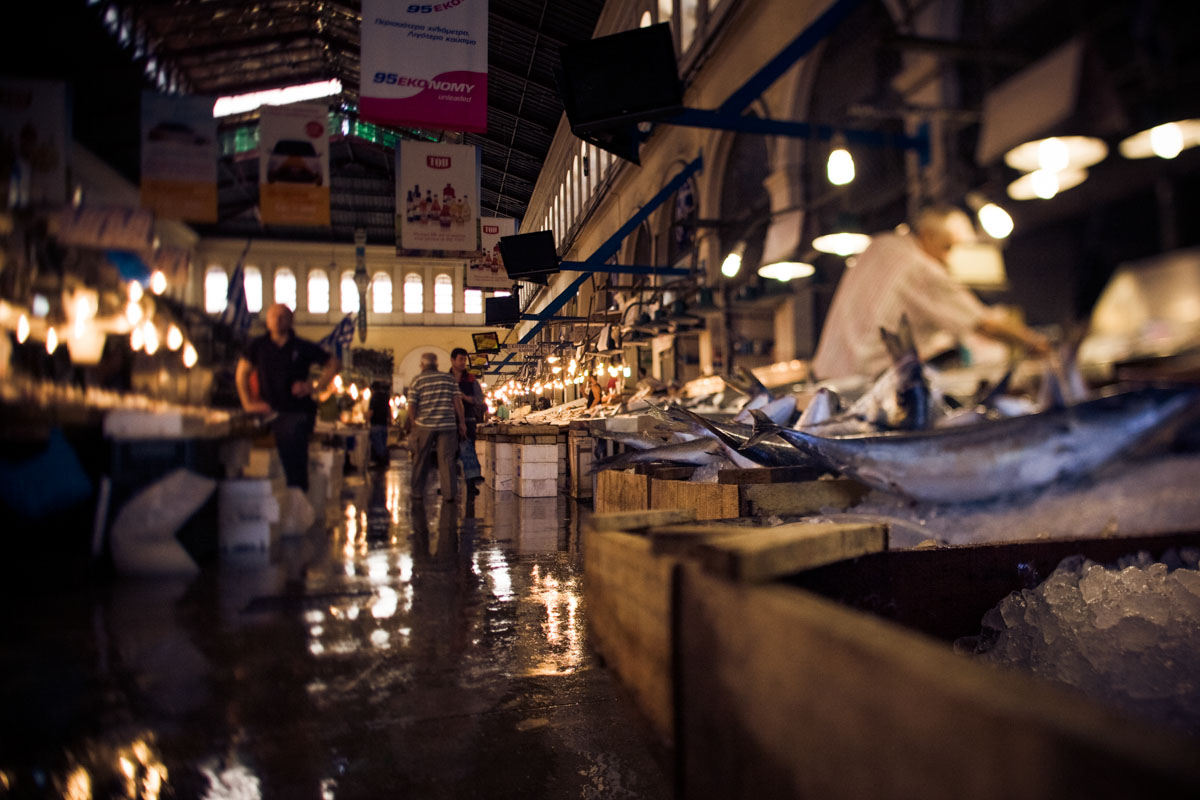
As I ambled toward the market there wasn’t a tourist within a five-mile radius but the streets were bustling with locals, immigrants and refugees going from place to place and standing outside their shops and restaurants. Upon arriving, the stench of meat seemed to defile the air of passers-by, even causing me to hesitate for but a moment before curiosity dragged me inside. I made my way down the dingy meat-ridden walkway, my senses were bombarded by chaos. There was a cacophony of sounds, the irregular thud of meat cleavers breaking through meat and marrow on the butcher blocks stationed just inches away, gruff Greek voices shouting out prices and meats, and even the occasional catcall. Slowly but surely I made my way through the market, often pausing mid-step to avoid contact with a hunk of meat soaring through the air, while weaving through 100 butchers whose hands and white coats were covered in crimson. The carcasses hung proudly under bright lights one stall after another like carnival prizes, ready for the taking. If I was to cook that evening, I could not have resisted taking one of those hanging prizes home with me.
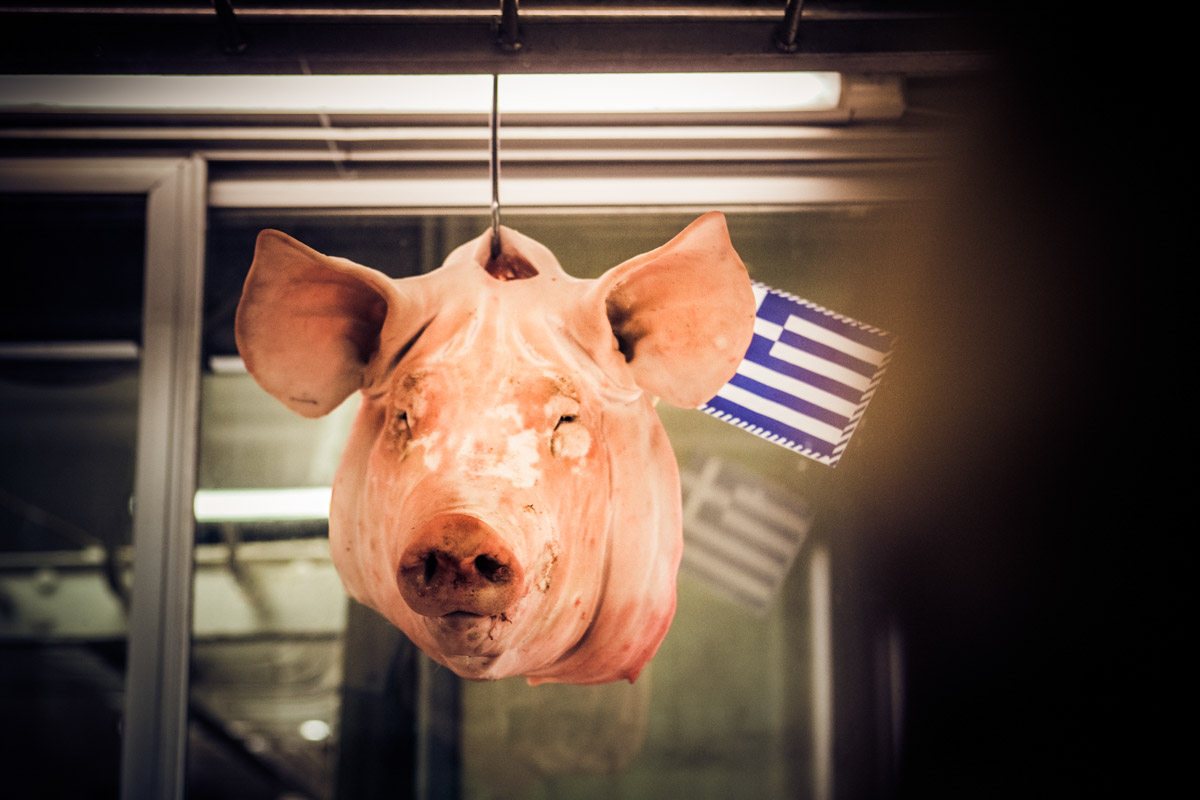
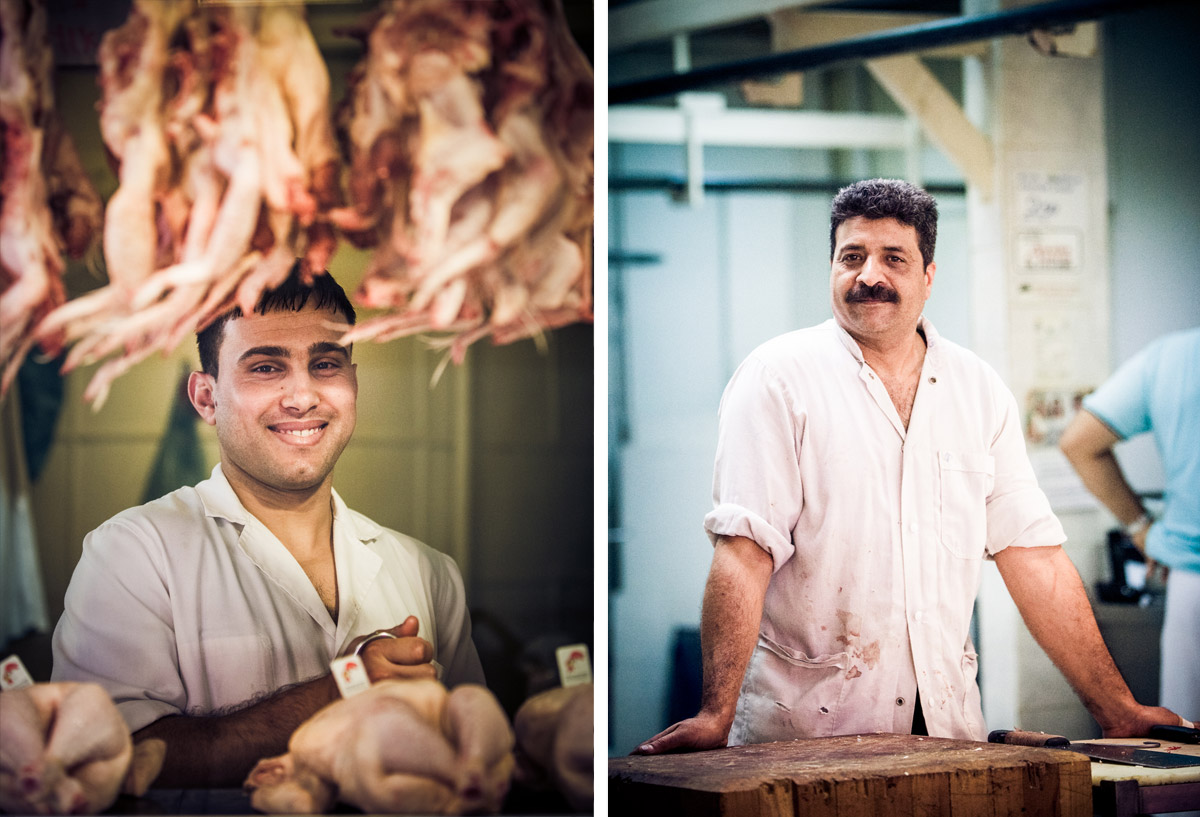
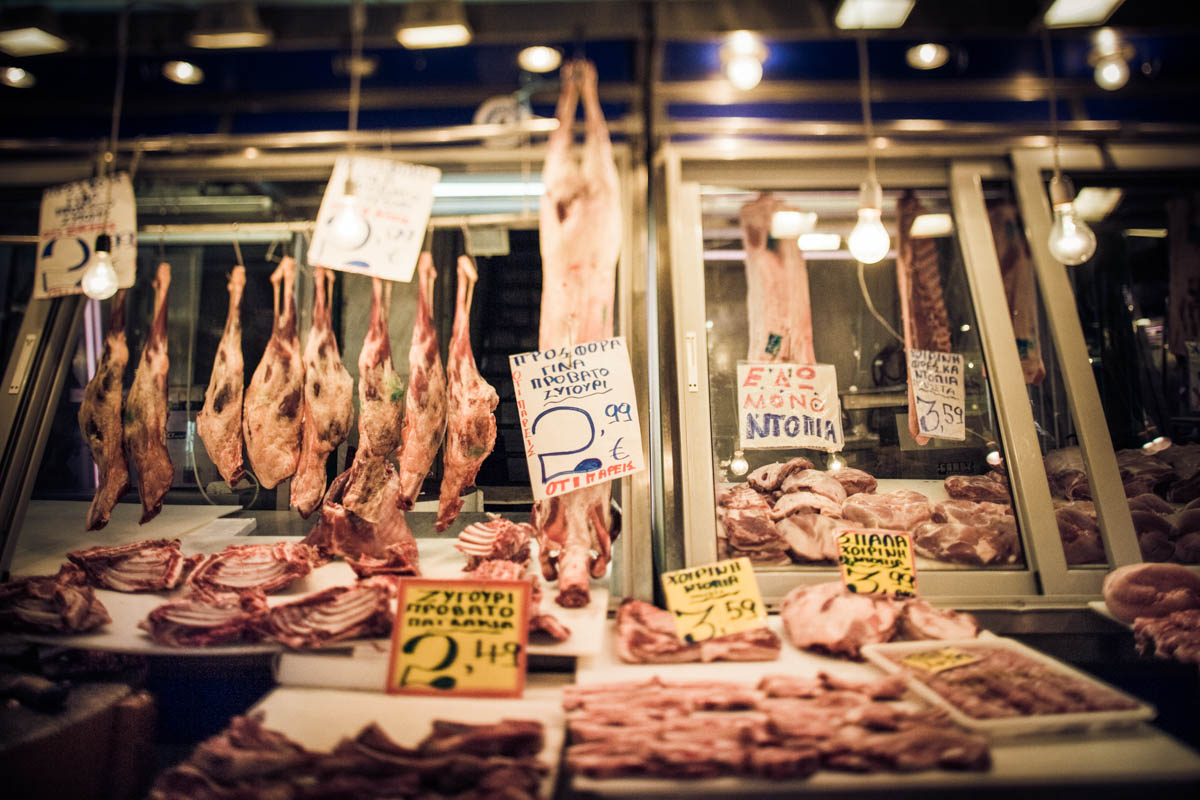
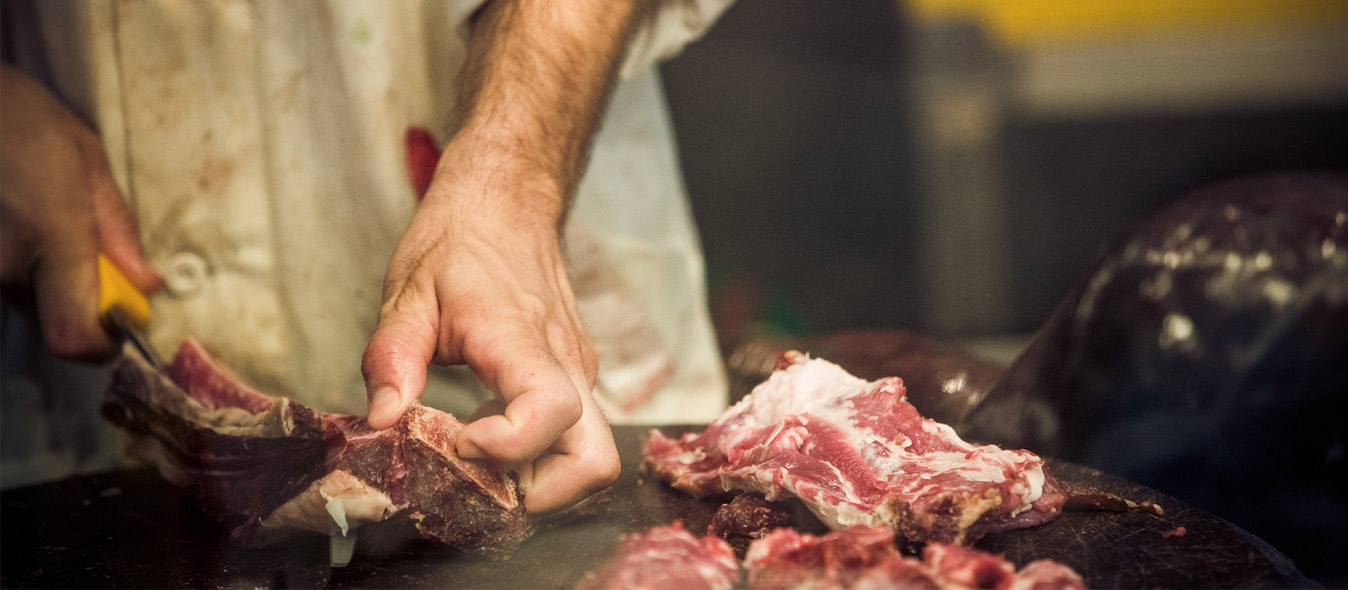
Next door was the seafood market lined with over 150 stands littered with every sea creature imaginable, as fresh as can be. A fishy scent was to be expected but it was surprisingly mild due to the freshness of the seafood, some of it imported but much of it from the Aegean Sea. I carefully sloshed down the aisles with my sneakers through a couple inches of water and fish parts, smiling at the knowing looks of men in knee-high fishing boots. They may have found me to be a novelty of sorts, but then again so were they.

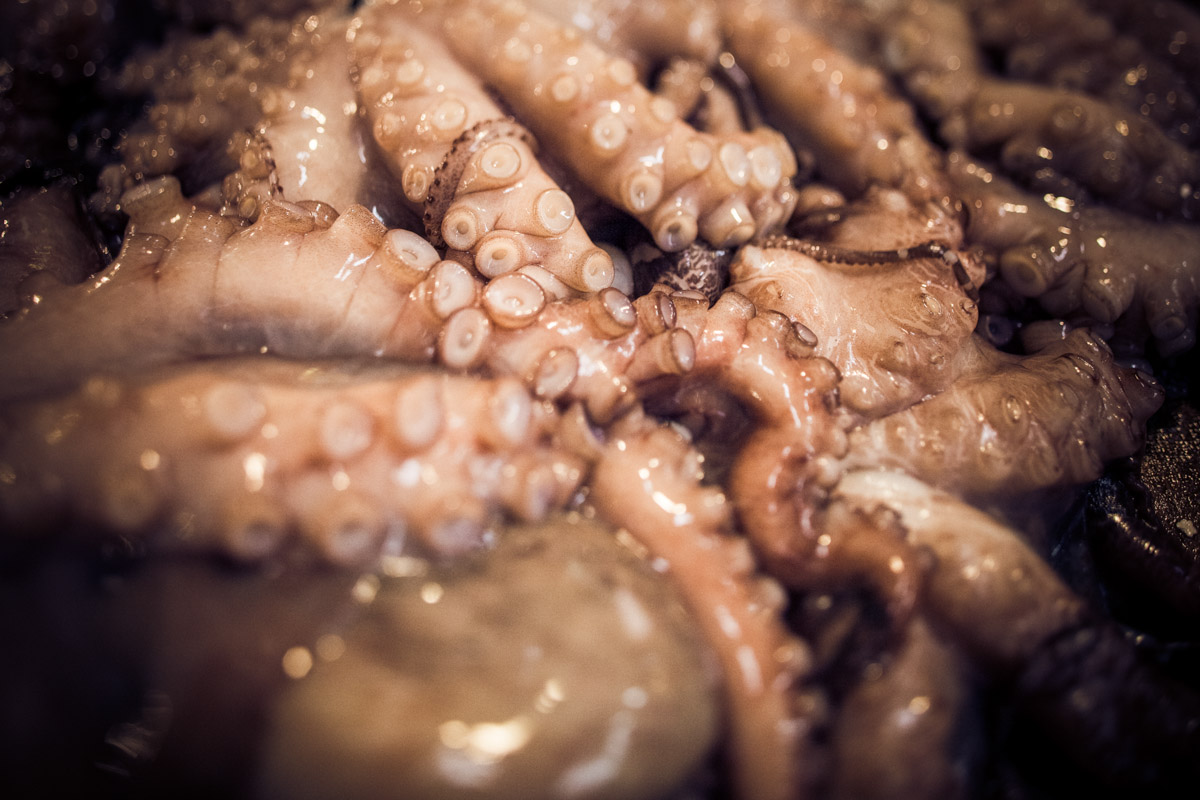
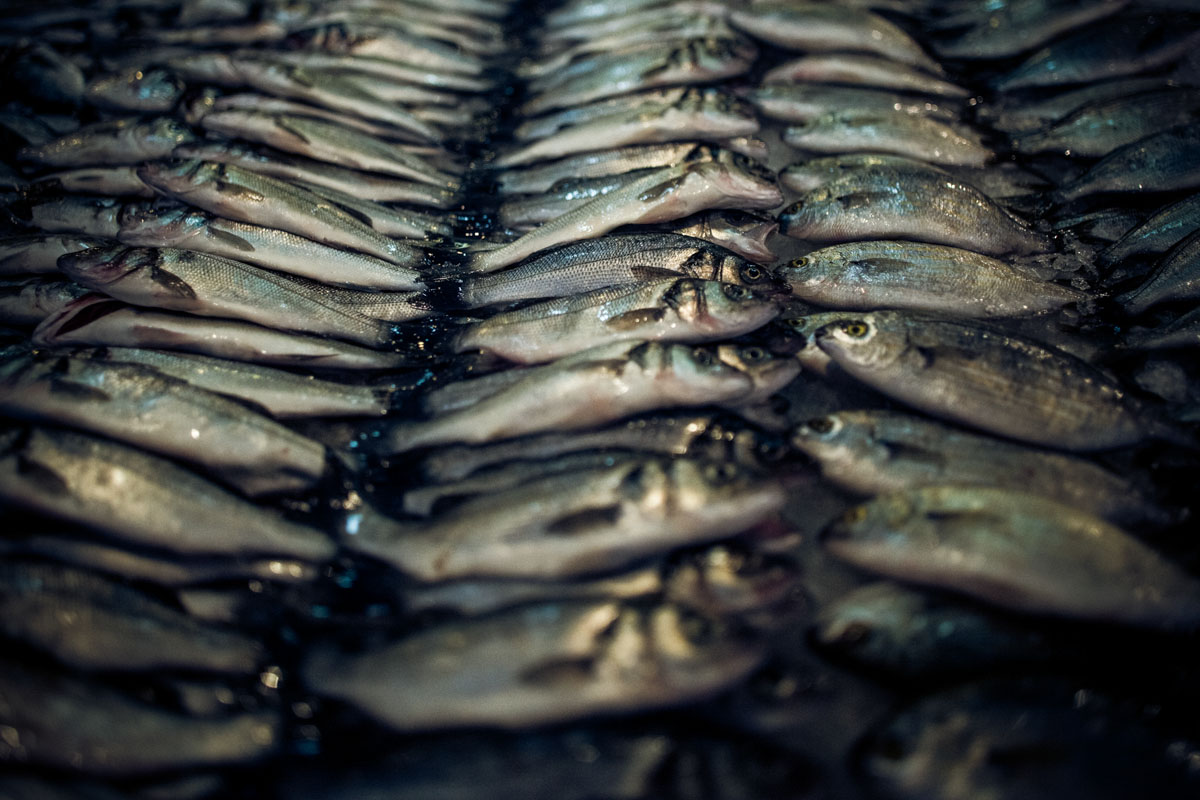
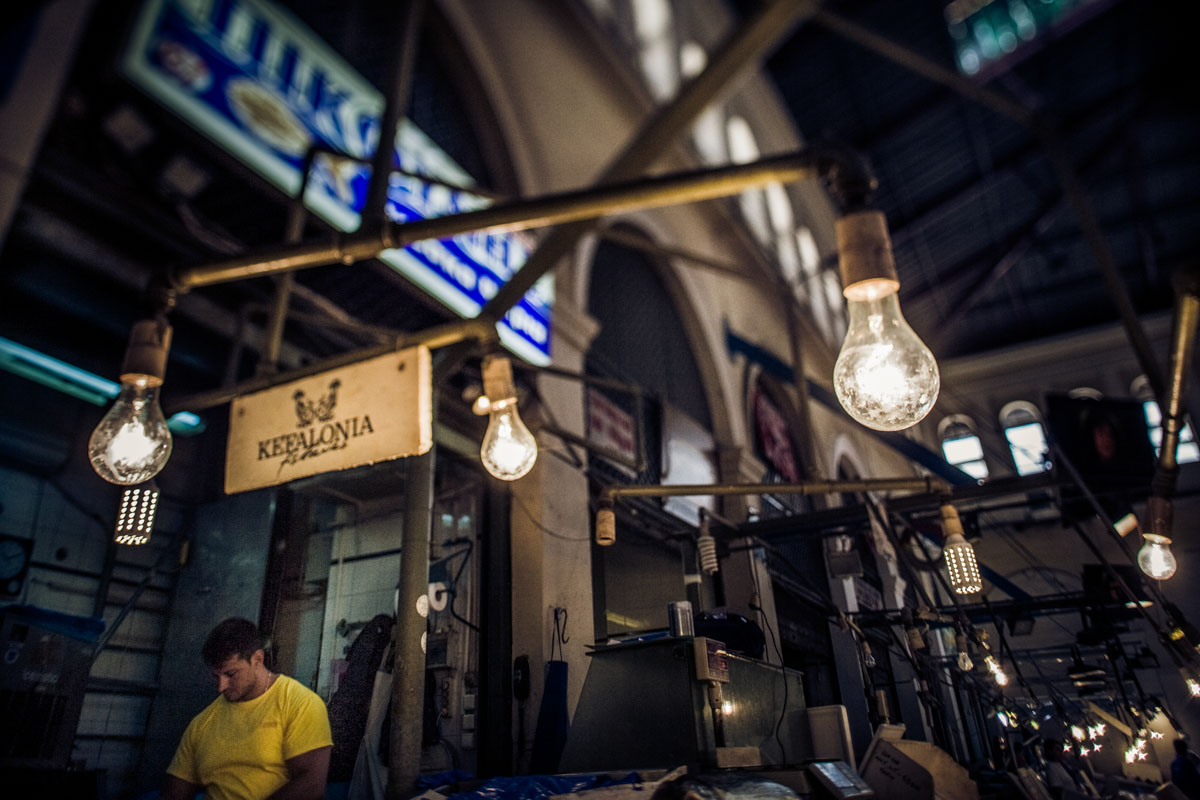
The Central Market, which dates back to 1875, was built to replace the ancient market in order to satisfy the needs of the expanding city. It does include other sections with fruits and vegetables along with cheeses, spices, and a range of other items, but the fresh meat and seafood are the main draw for locals and visitors alike. Unfortunately, not as many of the businesses are family run as they were for scores of years but there is still a strong sense of community among these people that spend most days working and selling side by side. Locals participate in this community as they come regularly to grocery shop, check out what is in season, or just grab something fresh at one of the onsite eateries. These hole-in-the-wall restaurants aren’t the most tourist-friendly places but they will prove to be an authentic and delectable experience. I was enraptured by Athens Central Market and all it has to offer in the way of food, culture, and community.
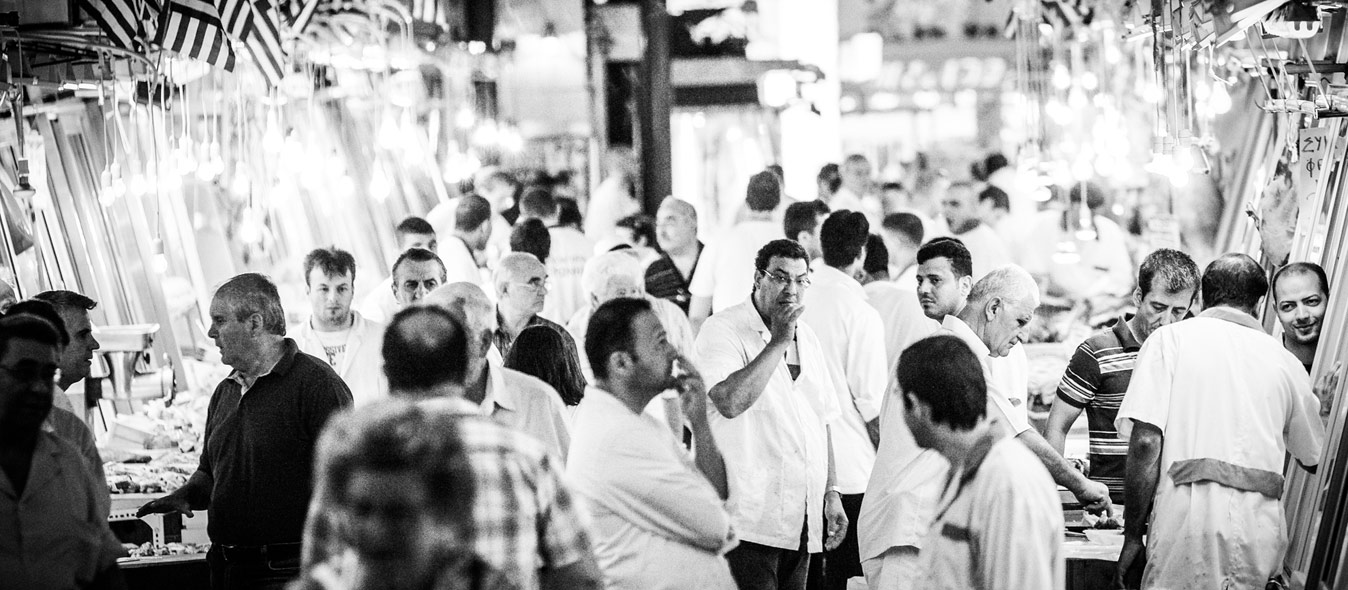
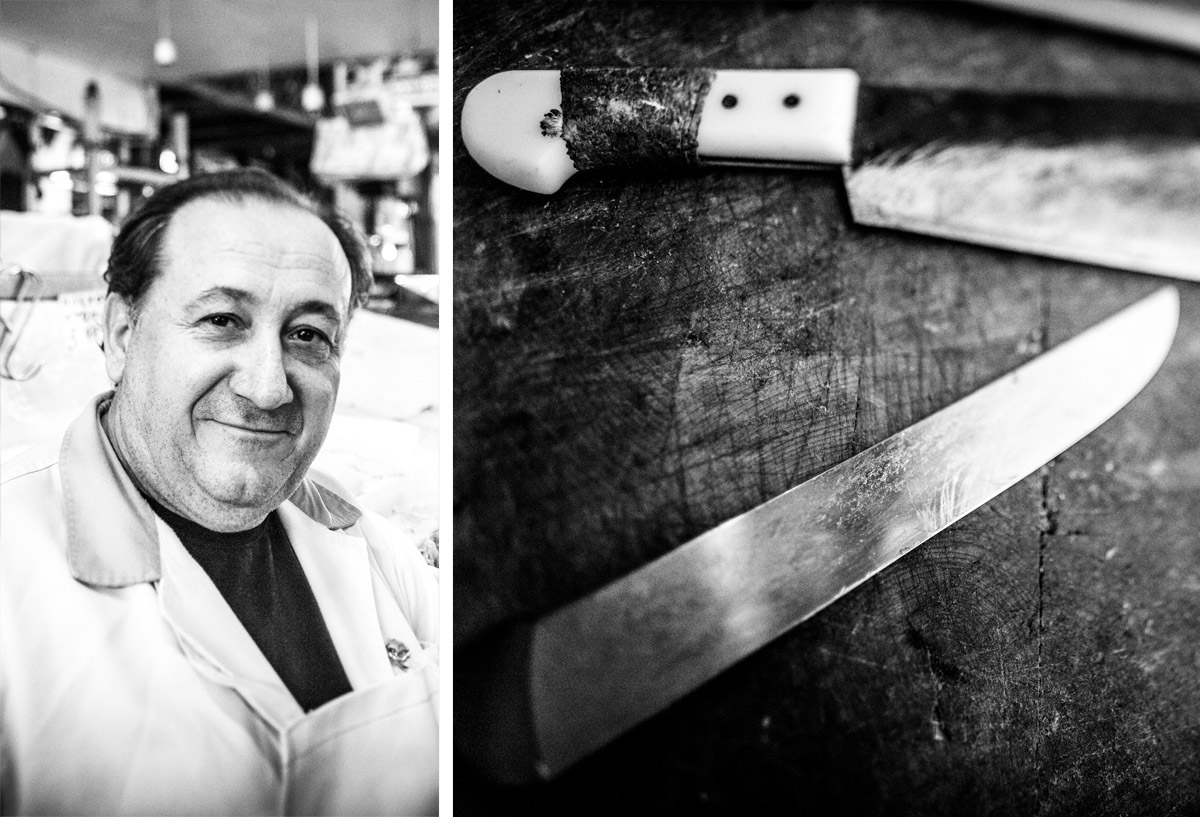
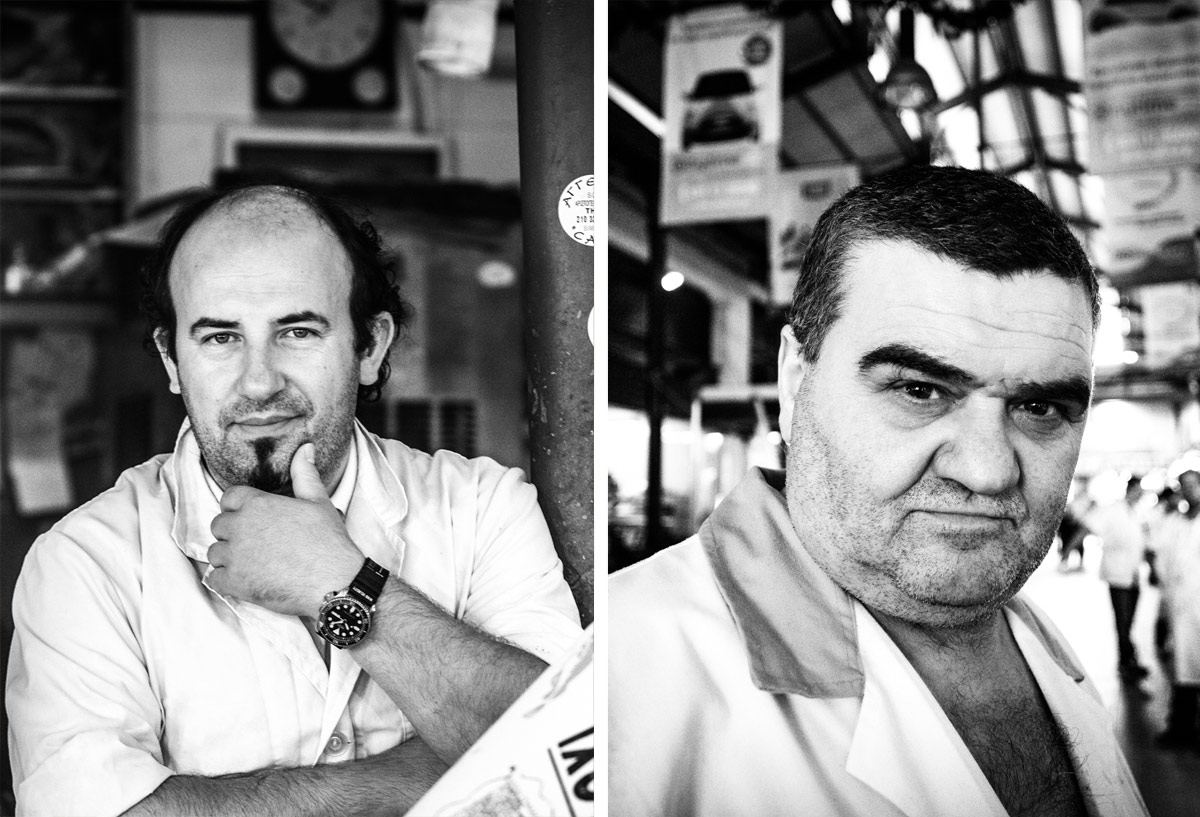
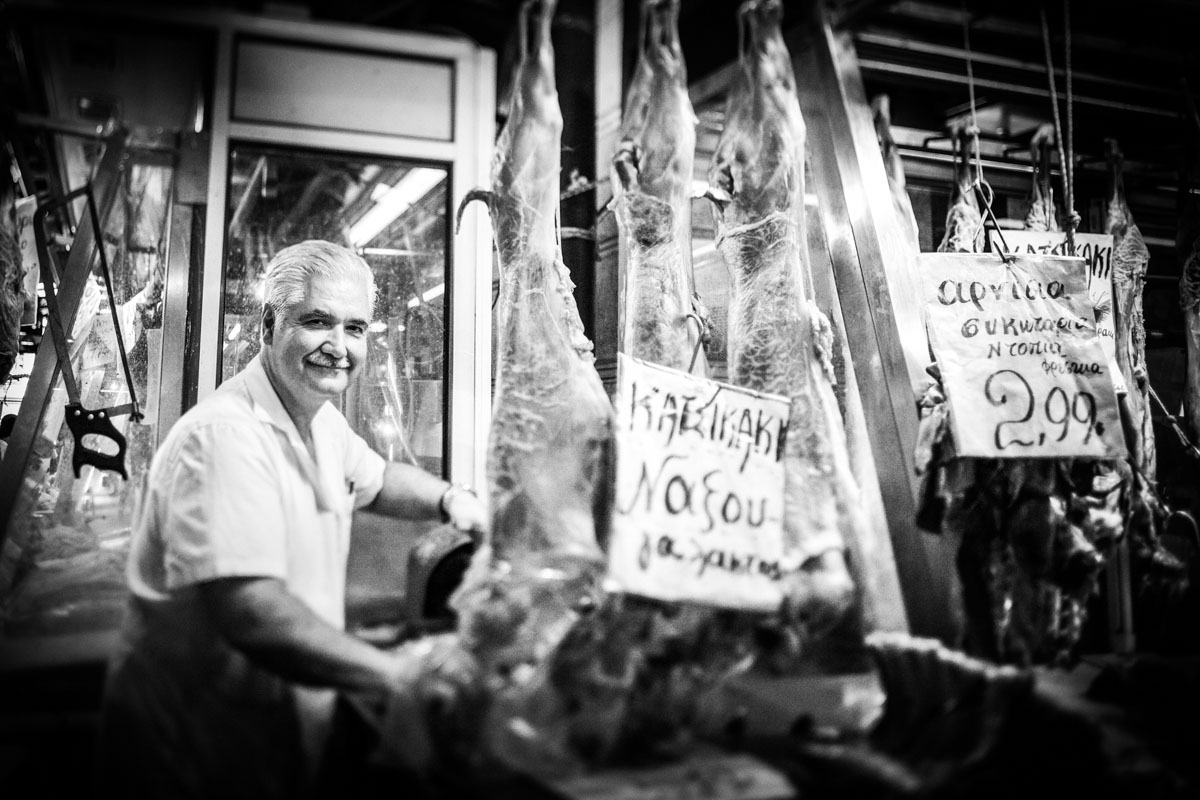
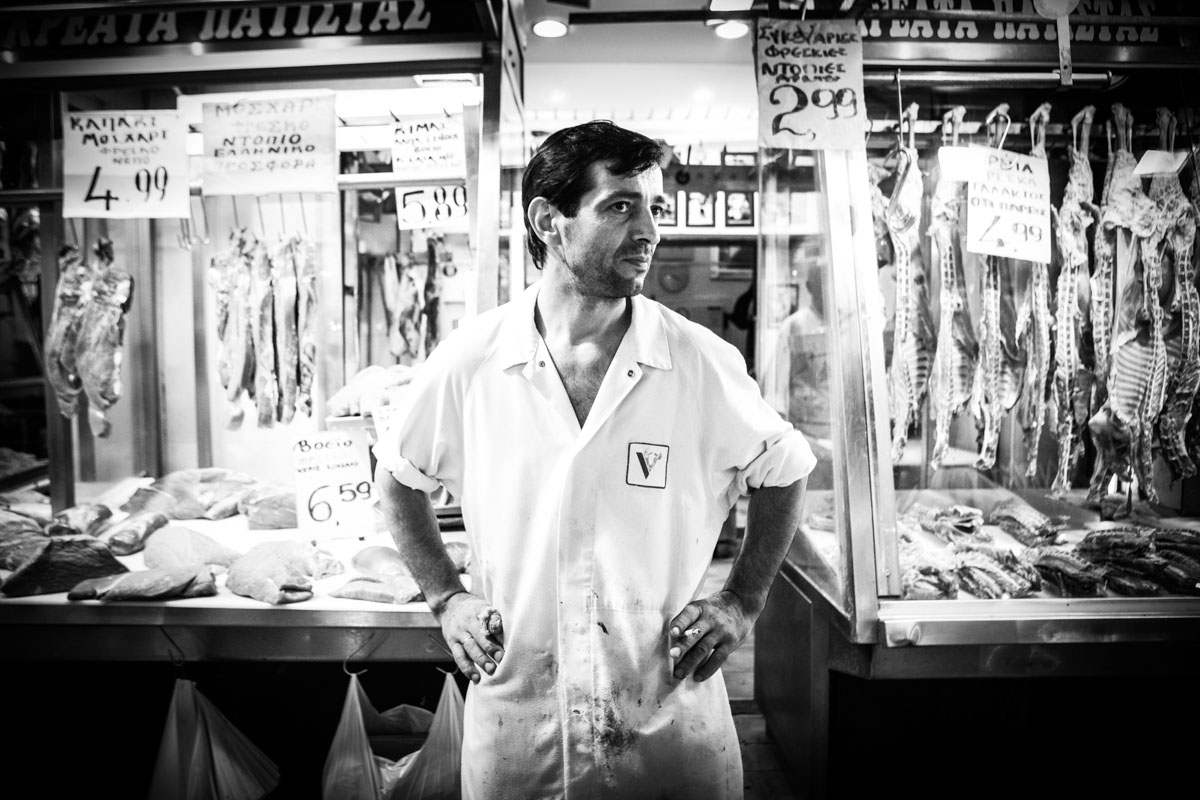
They may have found me to be a novelty of sorts, but then again so were they.
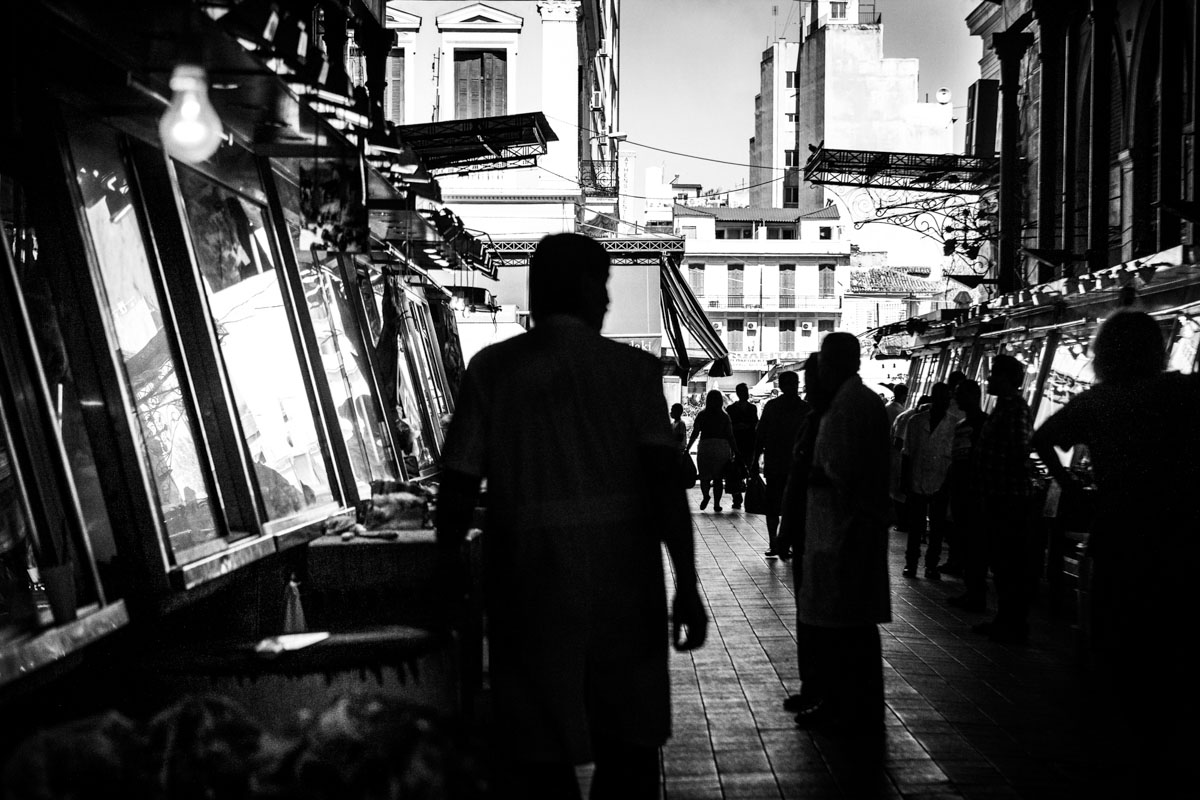
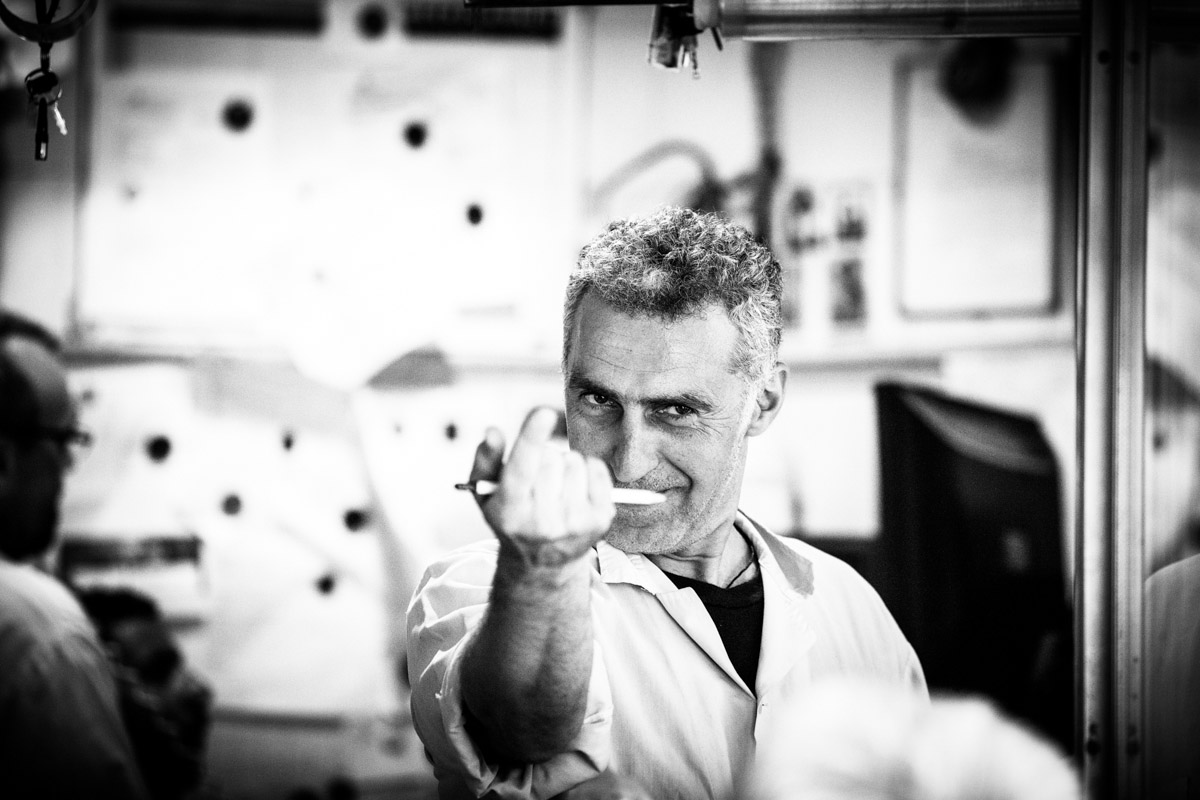





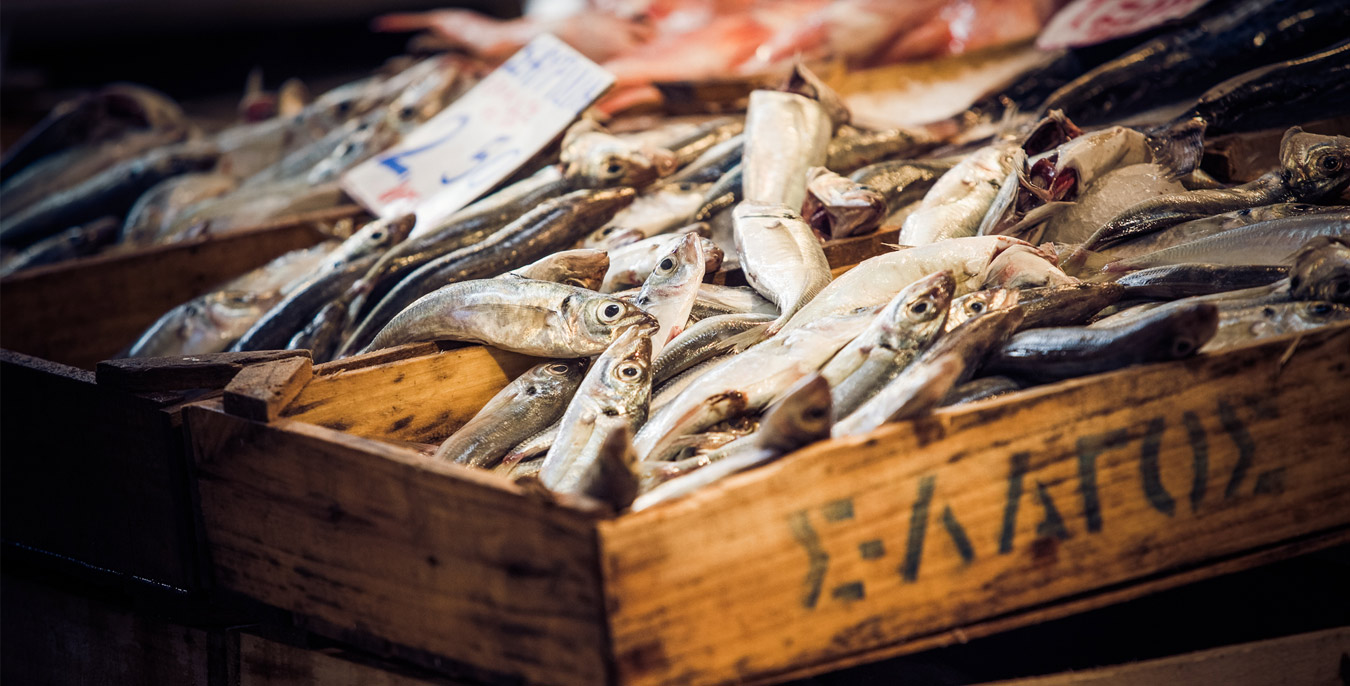

Our comments section is for members only.
Join today to gain exclusive access.